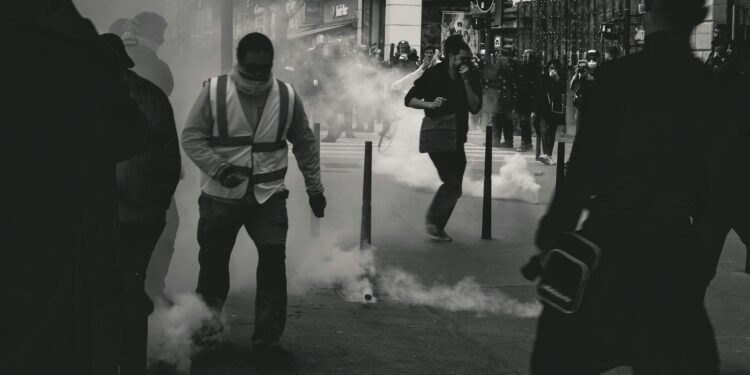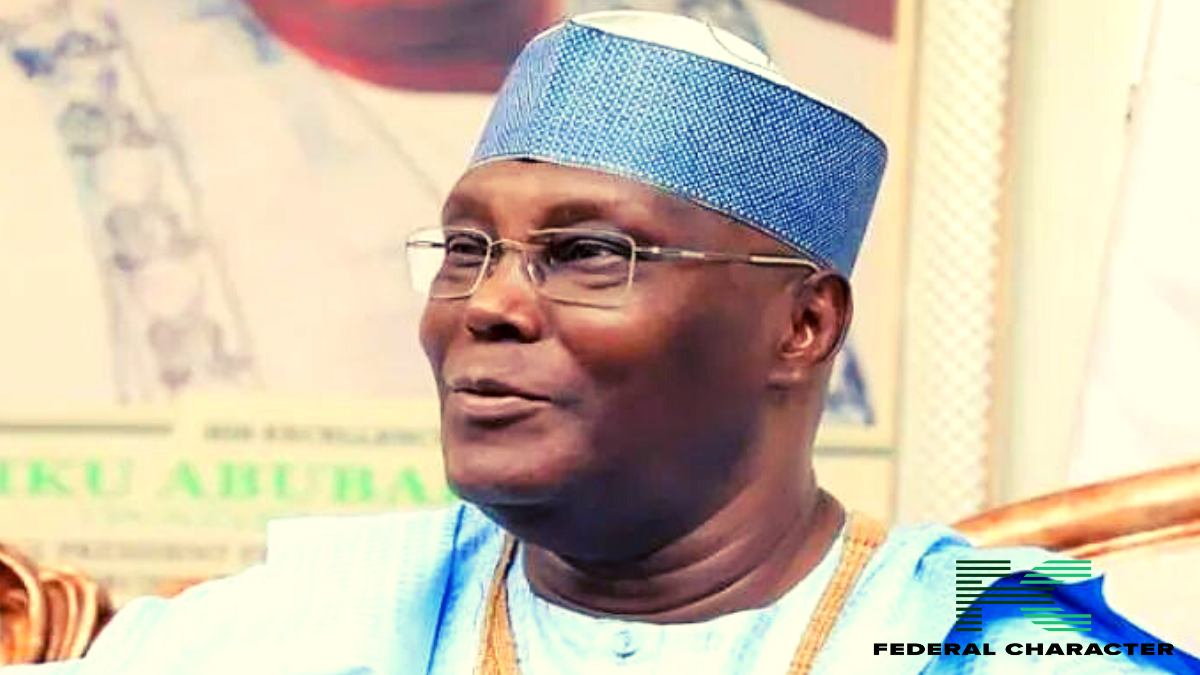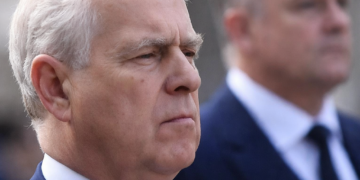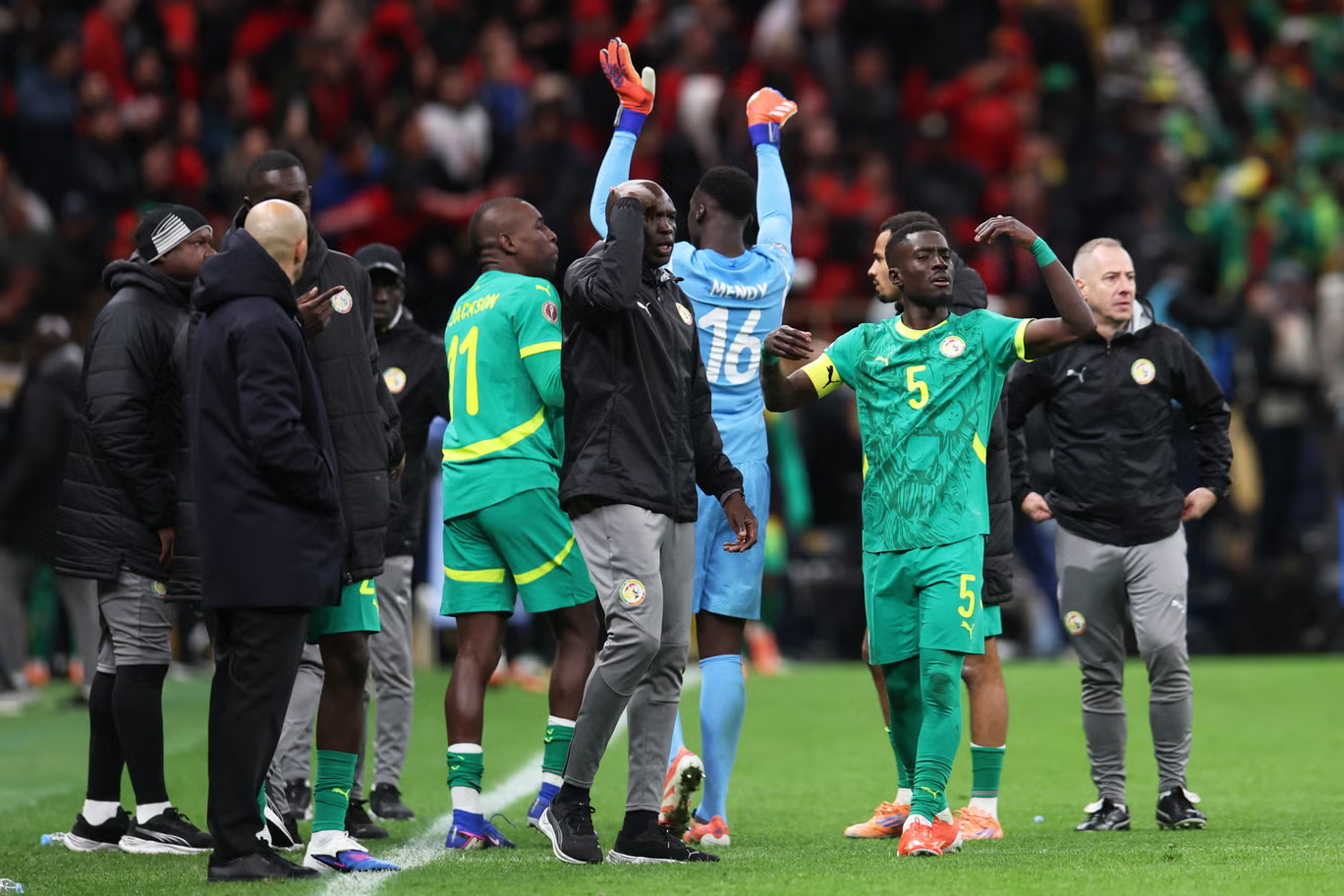Tanzanian authorities have launched a sweeping political crackdown, arresting a senior opposition leader and declaring a manhunt for nine others, as the government moves to systematically dismantle dissent following post-election protests it blames on the opposition.
The arrested official, CHADEMA party Deputy Secretary General Amani Golugwa, was named on a police wanted list that includes the party’s Secretary General and head of communications. The hunt comes a day after prosecutors charged 145 people with treason—a capital offense—in a clear escalation of President Samia Suluhu Hassan’s response to the unrest that shadowed her controversial re-election.
The government’s aggressive pursuit of opposition figures stands in stark contrast to its silence on the central tragedy of the protests. CHADEMA and human rights activists maintain that security forces killed more than 1,000 people during the demonstrations, a death toll the government has dismissed as “exaggerated” without providing its own count.
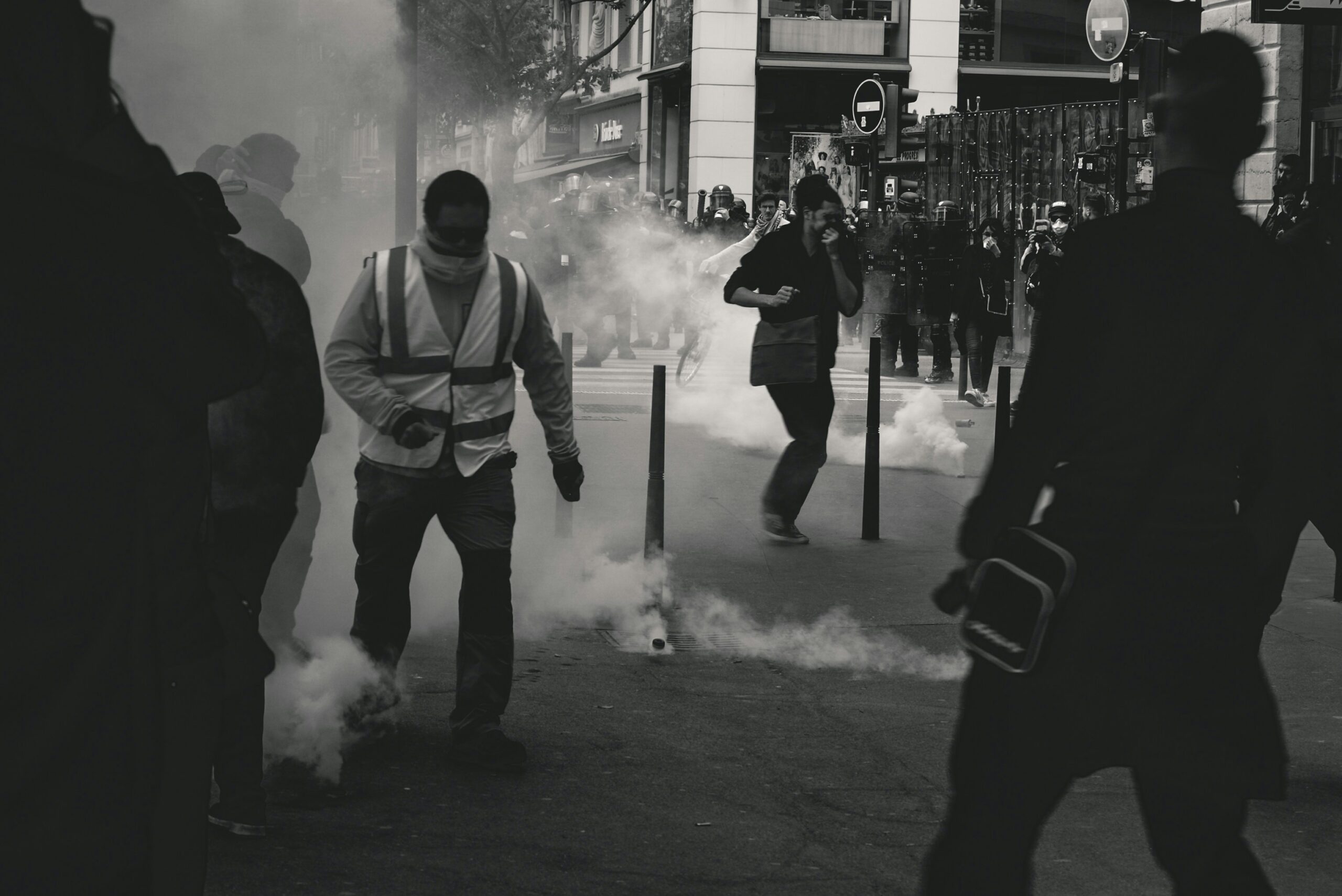
In a statement, CHADEMA accused the government of a political witch-hunt, claiming it is “forcing party leaders and members to confess to organising demonstrations” in a bid to “cripple the party’s leadership and paralyse its operations.”
The protests erupted after an election that international observers from the African Union deemed “not credible,” citing documented instances of ballot-box stuffing. The vote, which handed Hassan a landslide 98% victory, was contested after her main rivals, including CHADEMA leader Tundu Lissu, were barred from the ballot. Lissu was himself charged with treason in April.
Why It Matters
By charging 145 people with treason—a charge that carries the death penalty—the government is not seeking justice for property damage; it is sending a message that dissent is tantamount to a capital crime.
The staggering disconnect between hunting down party communicators and refusing to acknowledge the massacre of over a thousand citizens reveals the regime’s true priority: control, not accountability. The African Union’s condemnation of the election as “not credible” confirms this was never a democratic process but a coronation, and the subsequent crackdown is the predictable, brutal next step of an administration that rules by fear, not consent.

